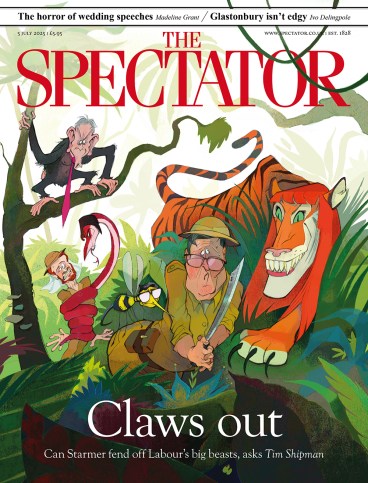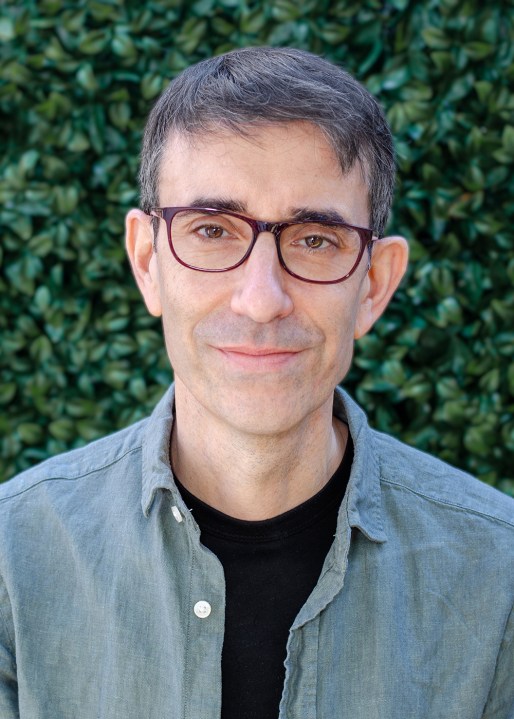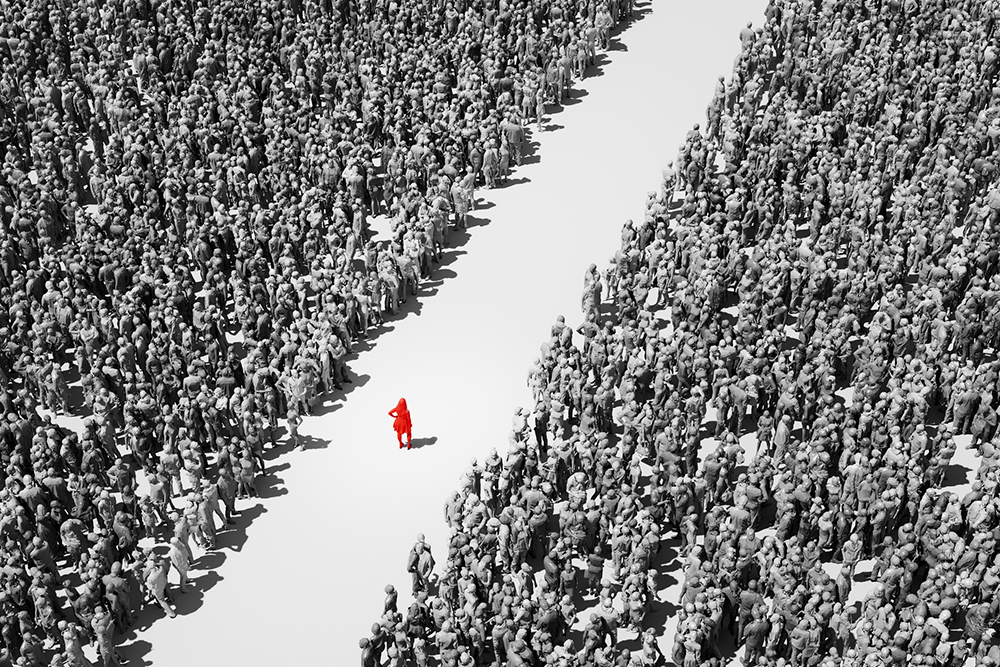
It’s hard to classify this thought-provoking book – part memoir, part philosophical exploration, but mostly a deeply researched family history. And what a history that is. Tim Franks, born in 1968, has been a BBC reporter for almost two decades, and now presents Newshour on the World Service. So he knows how to tell stories about other people. But the events here concern himself, and many of them are heartbreaking, as he searches for an answer to the question of what comprises identity and to what extent we are products of our ancestors.
Franks is descended from rabbis, including one who played a part in keeping Bevis Marks, the oldest continually functioning synagogue in Europe, at its present site in London; another went to lead the congregation in Curaçao, then a Dutch colony, and by the 18th century one of the most important Jewish communities in the New World. He is also a reporter who is prepared to take risks. While working in Venezuela, chasing a story of corruption ahead of parliamentary elections, he found himself on the back of a motorbike taxi on a busy highway in Caracas when his helmet flew off. He not only gripped harder but recited the Sh’ma, a key Jewish prayer. He survived and reported the story, thus perfectly blending his identity as a Jew and a journalist.
He is full of questions, curiosity being the essential quality in his profession, as he takes us through the centuries – from Portugal, where he goes to discover ‘the oxymoronic story of Jewish Lisbon’ and on to Constantinople, Curaçao, Cuba, Amsterdam, Lithuania and Auschwitz. Family history starts in this book with Ester Orobio Furtado, Franks’s five times great-grandmother who sailed for Amsterdam in the early 18th century to escape the gruesome torture of the auto-da-fé inflicted on Jews during the Spanish Inquisition.
Along the way he introduces us to a vast swathe of characters, including Hannah Arendt, George Eliot and Jean-Paul Sartre (not relations), as well as Benjamin Disraeli (who was). ‘Cousin Diz,’ as Franks calls him, rejected Judaism but mythologised his Jewishness. Pages are devoted to explaining why Disraeli indulged the oft-repeated but erroneous additional name of Villa Real given to his ancestors. It meant that his was no ordinary Jewish stock – rather, as Franks writes, consommé juif. But disproving it matters, since accepting it downplays the role of England as a nation of fluidity and opportunity, not just for Disraeli, prime minister, but also for Franks, BBC presenter.

But if Disraeli was exceptional, the story of another relation is included here precisely because he was not. David Van Ryn, Franks’s great-uncle, moved from the Netherlands to Canada and then returned to Europe to fight in the first world war, where he was killed in 1915, aged 21. He is referenced because he was just one of thousands of young men slaughtered. Equally, 20th-century Amsterdam proved no safe haven for large numbers of Franks’s forebears, descendants of Ester from ‘Jewish Lisbon’, who were killed by the Nazis. Only one in four Dutch Jews survived the Holocaust.
How far does a journalist go to convey the trauma of
a devasted father? All the way
Those who might be expecting here an expansion of Franks’s 2010 broadcast From Our Own Correspondent – in which he memorably discussed his role and other people’s perceptions of him as the BBC’s Middle East correspondent as both a Jew and a journalist – to examine the Middle East today, will be disappointed. But he sees that experience as ‘the founding solipsism’ of this book, and his three-and-a-half years in the region as deeply seared into his identity. He is unflinching in describing the horror he witnessed at first hand when, for example, Dr Izzedin Abu-Eleish took him around the remains of his Gaza home to see his dead daughters’ hair glued in clumps on the ceiling. To the question ‘How far does a journalist go to convey the trauma of a devastated father?’, all the way is the response.
When Franks talks of the periodic cataclysms that have befallen Jews through the ages he is unwilling to say whether that is the fate of Jews or simply their experience. Don’t expect neat answers to this question, as he has already warned readers that he much prefers to interrogate the answers of others than to proffer his own. This is partly rooted in what he calls his ‘humourless and utter devotion to the idea that the BBC is better off when its staff don’t mouth off’. Franks concludes, as of course he must, that his identity is both Jewish and journalist. No need to choose. The one makes him better at being the other.








Comments